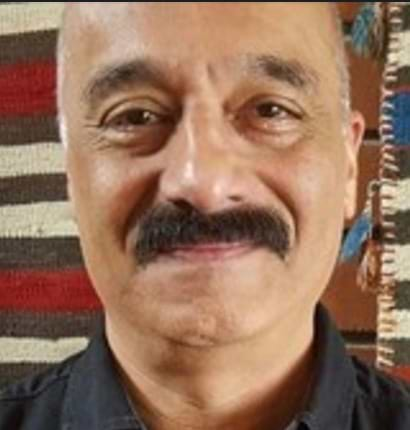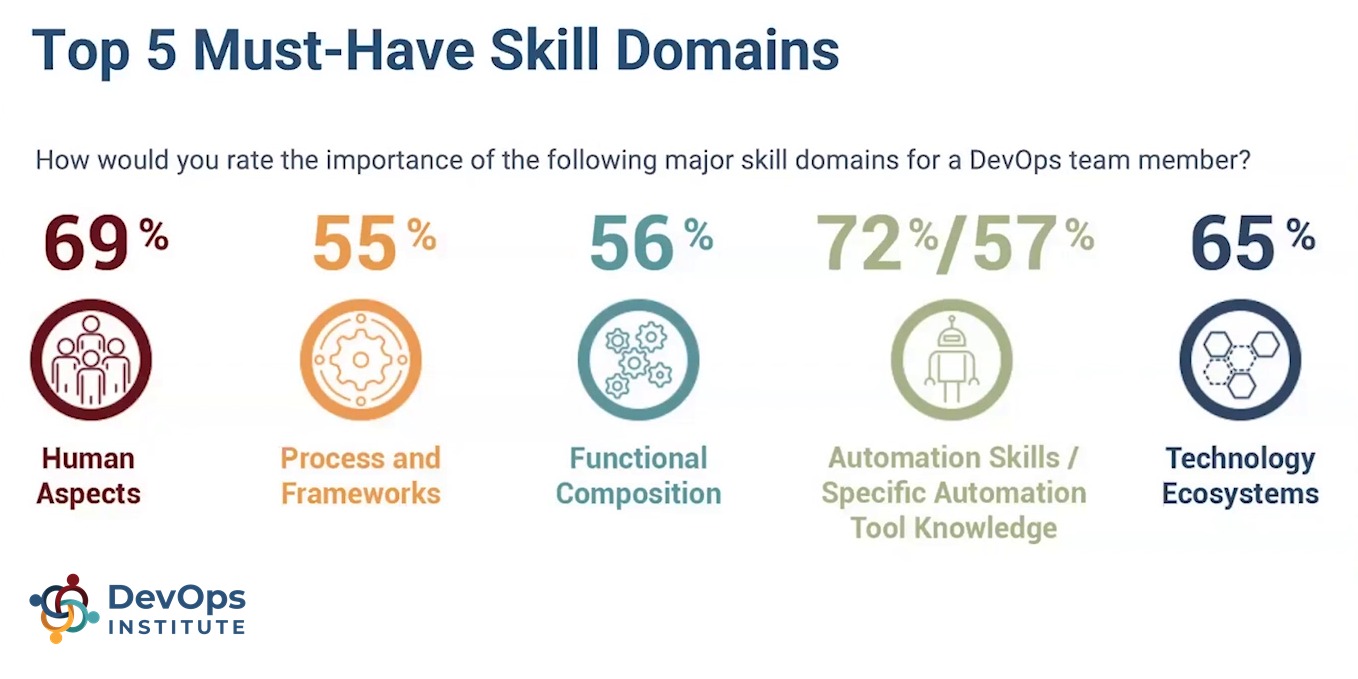Developer, Transform Yourself: Digital Transformation Starts with You
As technical professionals we spend a lot of time developing technical skills. Checking the right boxes of experience with languages, tools, and technologies is what typically lands us a job interview for our specialty.
But what wins the job in DevOps — and carries you to success in it — are your human skills. Even more than technical chops, personal traits like mindset, communication skills, and work habits are your strongest assets in making DevOps work.
To succeed at DevOps, cultivating these traits must be part of any ambitious technical professional’s never-ending learning and growth plan, along with broad technical know-how. A digital transformation of any organization starts with a personal transformation journey.
Jayne Groll – The Human Behind the Humans in DevOps

Continuous Personal Transformation
DevOps isn’t just a set of procedures, it’s a culture. Just as iterative and incremental improvements drive agile development and DevOps, your personal change is a continuous, ongoing process.
This means fostering a culture that embraces change, both among teams and as individuals. For everyone involved, personal transformation follows the same path as DevOps – in increments.
Accelerating releases requires shedding old practices as you adopt new, better ones. Automation drives DevOps, so you have to be comfortable with automating away parts of your current job. Don’t worry, there are plenty of new, higher value contributions to replace the things that you leave behind. Transformation will bring opportunities for growth.
Here are some of the things today’s DevOps engineers should consider in their professional development.
Full-Stack DevOps
In his SwampUP 2021 conference keynote, JFrog CEO Shlomi Ben Heim talked about the full-stack DevOps engineer as somebody whose skill set spans across several aspects of delivering software. Job descriptions for front-end or back-end engineers are giving way to a need for full-stack engineers, and demand is growing for site reliability experts who can solve delivery obstacles from end-to-end.But this broadening goes beyond tools and tech. As Jayne Groll has observed, DevOps needs T-shaped people. Engineers need to become expert in the core skills of their specialty, but they also need breadth of knowledge, too. With extended skills comes the ability and willingness to think beyond one’s own silo.
Fully Rounded People
Over several years of conducting engineer surveys, DevOps Institute has seen the reported set of top 5 skill domains change and shift in importance. Yet the one most consistently at or near the top every year is the set of human skills that enable teams to work together.
It takes a tribe to make digital transformation a reality, from the service desk to security testing, process reengineering, and architects. To break down silos between those stakeholders takes human-centered skills that include:
- Collaboration and cooperation
- Sharing and knowledge transfer
- Communication skills
- Empathy
- Personal value commitment
- Diversity and inclusion
Reinvent Yourself
Developing your skills for DevOps engineering means seeking opportunities to upskill beyond your daily work duties. In the latest DevOps Institute survey, 39% of respondents say that their organization doesn’t have an upskilling program. So you’ll have to take the initiative and make the investment in your future.
When choosing, figure out what skills will have an impact. But also honestly assess your willingness to explore change.
Successful DevOps requires an end-to-end transformation — it’s how an end-to-end solution like the JFrog DevOps Platform can provide the DevOps tool infrastructure to change how you build software. As with siloed teams, a complicated and disjointed DevOps tool chain is a huge impediment to the broad visibility and control DevOps professionals need. Enabling human skills of sharing, collaboration, and communication are built into the access to artifacts, fine-grained permissions, and traceability of Artifactory.
Your transformation journey will be different from anyone else’s, but you can start with a free JFrog Cloud subscription to learn how DevOps is done. Even after you’ve become an “expert” change will keep you hopping — we’re here to help keep you leaping forward.
For more information on the human side of DevOps , watch Jayne Groll’s award-winning session:
Want to learn more about DevOps? Watch the DevOps 101 webinar – Introduction to CI/CD










